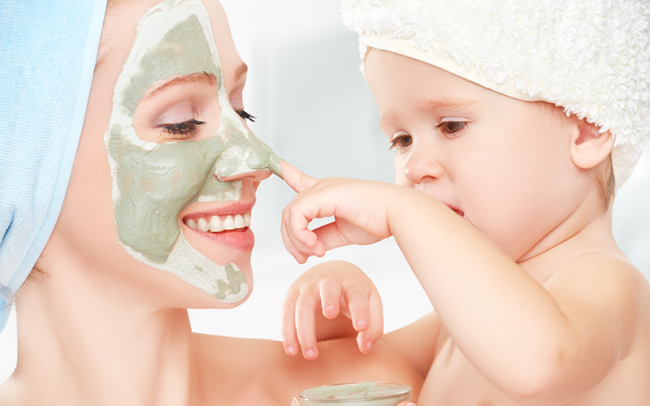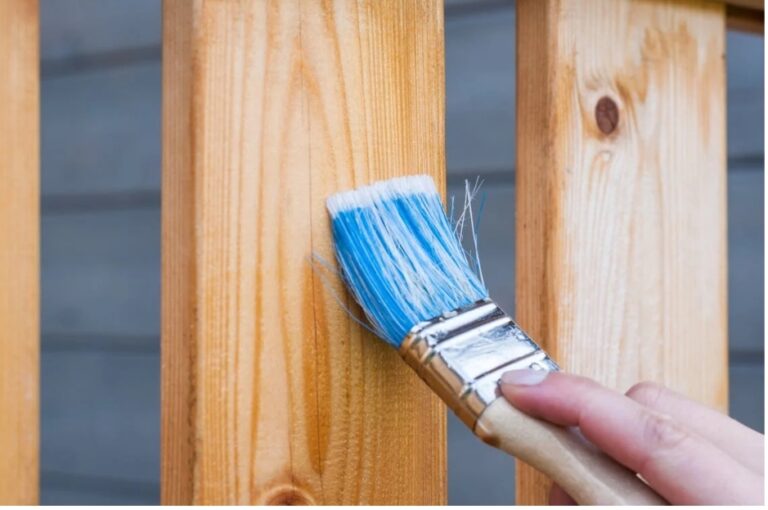Ready for Anything: Handling Surprise Tooth Problems
Dental emergencies can occur unexpectedly, leading to discomfort and anxiety. This blog post outlines essential proactive steps for parents and caregivers to prepare for urgent dental situations. It includes prevention tips and first-aid measures to help protect yourself and your loved ones.
Common Urgent Tooth-Mouth Situations and Their Causes
Accidents happen, and your teeth are not immune to unforeseen mishaps. Some common dental emergencies include knocked-out teeth, chipped or cracked teeth, severe toothaches, and soft tissue injuries like cuts or bruises in the mouth. These situations can arise from various causes, such as sports injuries, falls, or even biting down on hard foods.
Understanding the root causes of these emergencies can help you prevent them in the first place. For instance, wearing a mouthguard during sports activities significantly reduces the risk of dental injuries. Being mindful of what you eat and avoiding chewing ice or hard candies can also help keep your teeth intact.
Proactive Measures for Preventing Dental Emergencies
Preventing dental emergencies begins with simple habits that foster oral health. Regular brushing and flossing are essential practices that remove plaque and prevent cavities, which can lead to more severe issues. Use a soft-bristled toothbrush and fluoride toothpaste to protect your enamel and gums.
In addition to home care, routine dental check-ups play a pivotal role in preventing emergencies. Dentists can identify potential problems early, such as weakened teeth or gum disease, and provide necessary treatments. Don’t forget to discuss any concerns with your dentist; they can offer personalized advice to keep your smile healthy.
Being prepared means having the right tools on hand. Keep a dental emergency kit at home, including gauze, a small container with a lid, and a pain reliever suitable for oral use. Knowing you have these supplies ready can make a big difference if an emergency arises.
Steps to Take in the Event of an Urgent Tooth-Mouth Situation
Despite your best efforts, emergencies can still occur. Knowing the immediate steps to take can minimize the damage and alleviate pain. If a tooth is knocked out, handle it carefully by the crown, rinse it gently, and try to place it back in its socket. If that’s not possible, store it in milk or a tooth preservation product until you can see a dentist.
For toothaches, rinse your mouth with warm water and use dental floss to ensure there’s no debris stuck between teeth. Applying a cold compress to the outside of your cheek can help reduce swelling. Avoid placing aspirin directly on the aching tooth, as it can irritate the gums.
In the case of chipped or cracked teeth, rinse your mouth with warm water and save any pieces. If there’s bleeding, apply gauze to the area until it stops. Seek dental care as soon as possible; prompt attention can prevent further complications.
Advice for Parents on Child-Specific Emergency Dental Care
Children are particularly prone to dental injuries, given their active lifestyles. Parents should be vigilant and educate their children on the importance of dental safety. Encourage kids to wear protective gear during sports and avoid using their teeth for tasks like opening packages.
In an emergency, stay calm and reassure your child. If a baby tooth is knocked out, don’t attempt to reinsert it, as this can damage the permanent tooth underneath. Instead, contact your dentist for guidance. For toothaches, inspect the area for any lodged food particles and help your child rinse their mouth.
Teaching children about oral hygiene from a young age goes a long way in preventing dental issues. Make brushing and flossing a fun routine and lead by example. Regular pediatric dental visits ensure your child’s teeth develop healthily and any potential problems are addressed early.
The Significance of Timely Professional Dental Care
While first aid measures can provide temporary relief, seeing a dentist promptly is vital for comprehensive care. Delaying treatment can result in complications that are more challenging and costly to address. Knowing how to find emergency dental services like those in Colorado Springs, is an essential aspect of being prepared.
Start by researching local dental clinics that offer emergency services. Keep their contact information handy, along with details about their hours of operation. It’s also wise to familiarize yourself with their after-hours protocol, so you know what to do if an emergency occurs outside of regular office hours.
Consider enrolling in a dental plan that covers emergencies. Having financial support can ease the stress of unexpected costs and ensure you receive the necessary care without delay.
Conclusion
Now that you know the importance of dental preparedness and how to handle common dental emergencies, take the necessary steps to be proactive. Remember to practice good oral hygiene, have a well-stocked emergency kit, and know what to do if an urgent tooth-mouth situation arises.
Keep an eye for more news & updates on Next Forbes!






